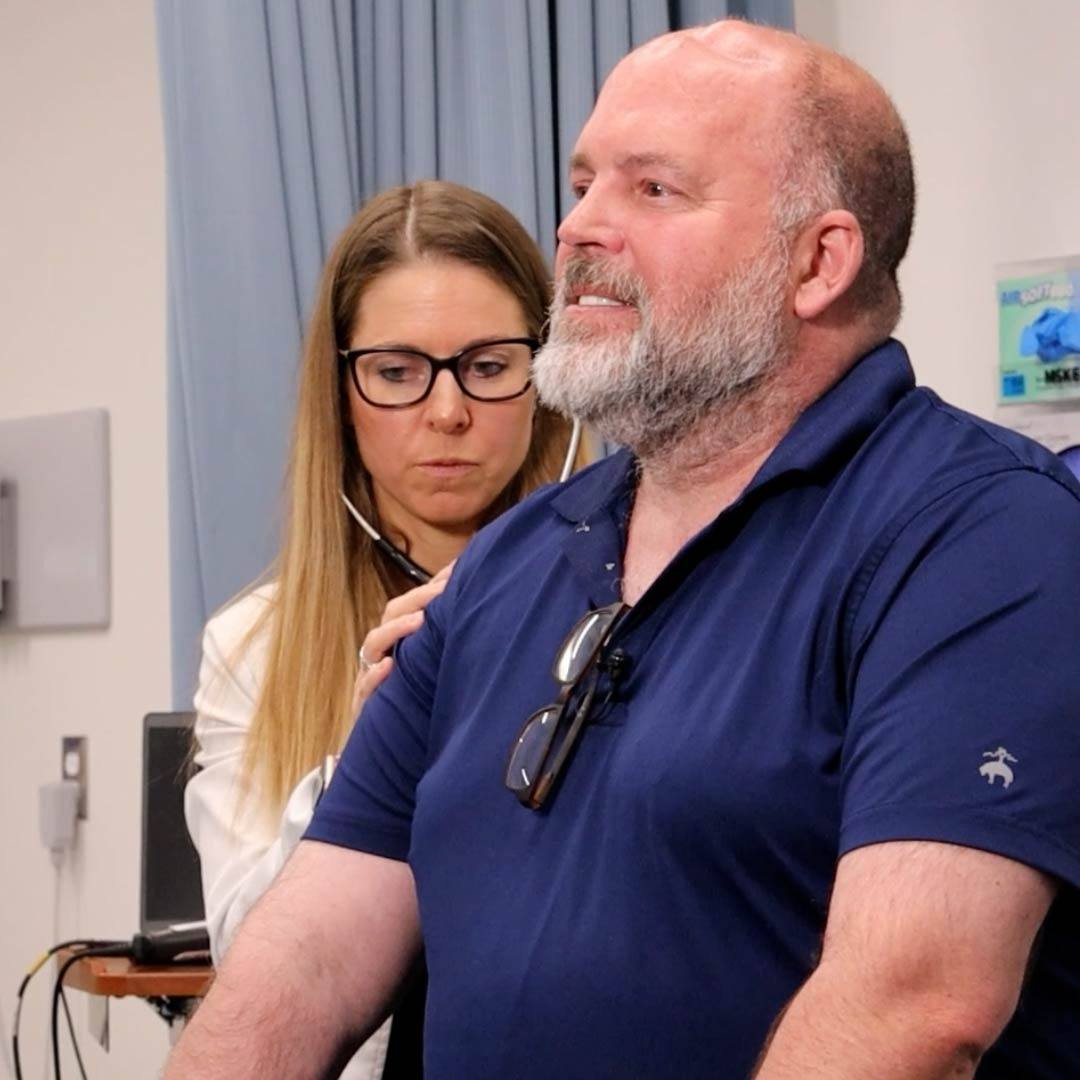Don writes:
 In July of 2010, I was diagnosed as ill with Dementia Lewy Body (DLB). I read whatever I could find on the subject and asked the specialists who were treating me many questions for my own information and to be able to explain to friends how I could be ill while externally appearing as healthy as ever. One of my most valuable findings was the Lewy Body Journal, an on-line publication by letters from individuals somehow touched by DLB. With deep gratitude for publishing the journal, I have returned repeatedly to it to acquaint myself and insofar as possible to prepare for what in all likelihood lies before me -- and grateful not to be alone in facing DLB.
In July of 2010, I was diagnosed as ill with Dementia Lewy Body (DLB). I read whatever I could find on the subject and asked the specialists who were treating me many questions for my own information and to be able to explain to friends how I could be ill while externally appearing as healthy as ever. One of my most valuable findings was the Lewy Body Journal, an on-line publication by letters from individuals somehow touched by DLB. With deep gratitude for publishing the journal, I have returned repeatedly to it to acquaint myself and insofar as possible to prepare for what in all likelihood lies before me -- and grateful not to be alone in facing DLB.
Finally I realized that the best “Thank You” I could offer would be to share my own experiences up to the present, along with help I have found in dealing with this dementia, which ranks second to Alzheimer’s in the number of its victims. Hopefully these reflections will also encourage further study and research in DLB.
Specifically I will speak of my experience of DLB up to the present as well as ways I have found to cope with several of the DLB symptoms like hallucinations, life ideals and death, new self-knowledge, and isolation.
Early Warnings and Hallucinations
Looking back now I can see several experiences which in hindsight can be seen as early warnings of DLB, but which at the time were only puzzles as to what was happening to me.
My first introduction to DLB probably was through the experience of disorientation and even of being lost when driving or walking through a familiar area; or awaking or finding myself in a familiar room whose size and location have changed; or mistaking shadows in a partially darkened room for hostile persons or animals, much like those which frighten children during the night.
One night I awoke to find two men standing next to my bed, one of them holding a knife in a threatening manner over my chest. Figuring that I might be able to win their sympathy, I began describing my trips to soup kitchens and AIDS shelters to do volunteer work with college students. When I had told all I could recall of my service of the needy, and my throat was getting dry from my long and rapid narration, I took a quick glance towards the two, but they had disappeared. But what really caught my attention were two hallucinations which convinced me that something was going wrong and that big trouble may lie ahead if I did not pay attention.
One of these hallucinations occurred when I returned one Saturday afternoon to a school where I taught. There I found a group of, it seemed, visiting students crowded into a room apparently without a working air conditioner or ventilation system. What a way to treat visitors, I thought. So I headed to the principal’s office. Fortunately he was in and I explained to him the situation, and asked if we could find a better room. The principal looked puzzled: “What students? No group is using the facilities today.” “Come, let me show you,” I suggested. We arrived at the room and I slowly opened the door – to find a room of empty desks. “Must be the wrong room,” I remarked and led him to a second room – also empty.
A similar visual experience occurred a few days later when I accompanied the principal to make an appointment for a psychiatric check-up. As we waited in line, to my surprise I saw a three-foot-tall man dressed in green and red and standing next to the principal but unseen by him. “Hay, look at that!” I spontaneously exclaimed. “Look at what?” was his response. The little man smiled at me and disappeared.
Coping with Hallucinations
Although my first hallucinations startled me, I did not see them as immediately dangerous. However I quickly came to see their potential danger, like hallucinating a fire in a crowded theatre.
When a hallucination was taking place, I found it impossible to distinguish hallucination from reality. After the hallucination was finished, I was able, usually with the assistance of another, to distinguish the two.
For example, once in explaining to a friend how I had gotten from the airport to his house, I mentioned how helpful the subway had been. My friend listened to my praises, smiled and noted: “Thank you, but we don’t have a subway!” I apparently had either dreamt or hallucinated the subway. So I learned that one is helped to cope with hallucinations the more one is in touch with the everyday realities of life around one.
I learned also that my hallucinations were not material and never spoke to me. What was much more important to understand was that my hallucinations were evidence of the damage being done to my brain by Lewy Bodies. Therefore my principal rule for coping with hallucinations and all other DLB symptoms is faithfully taking the medications the doctor prescribes against such symptoms.
Coping with Death and Planning of the Future
One of the most immediately paralyzing challenges of DLB I found is the fact that it is a terminal disease, in the sense that it leads to the termination of mental and physical activity through the gradual destruction of the brain. Medical science knows neither how it is contracted nor how it might be cured.
In addition to these factors is the reality that most DLB patients are over sixty years of age -- for most of them there is no lengthy earthly future to plan for.
However goal setting and ideals, articulated or only implicit, seem to be an integral part of human nature, a part which gives hope, whatever the future may hold.
Goals allow us to move from an imperfect present to a future which seems to us less imperfect and thus generates hope. Because of the statistical evidence that DLB patients generally live an average of eight years beyond the detection of the disease, the range of planning is limited and characterized by physical and mental decline.
So where might DLB victims find their hope for the future? Apparently some do not. Others find their hope in the family they have raised and which survives them. Others survive through their professional or financial achievements.
For those who find no life- goal which gives hope in the face of this terminal disease, I suggest they attempt to find the meaning of their life in their contribution to the health and happiness of others, specifically to the elimination of the disease which has victimized them and threatens to victimize others in the future.
This goal could involve, in addition to the faithful use of their prescribed medications, regular communicating to their doctor of the result of the medications, and possibly even the donation of their bodies to scientific research on DLB. In a word, making their love and care for others, even after their own death, the result of the conviction that any morally good ideal is more beneficial to all than sitting on a chair and waiting for death.
About ten years ago, before I had heard of DLB, I completed the process of willing my body to my alma mater. The event has gained more meaning in the years since then. I will not be around, but the insights which researchers will have gained from my body will still contribute to human knowledge and power over disease.
-Don
To read part 2, click here: "Coping with Lewy Body - Part 2".







